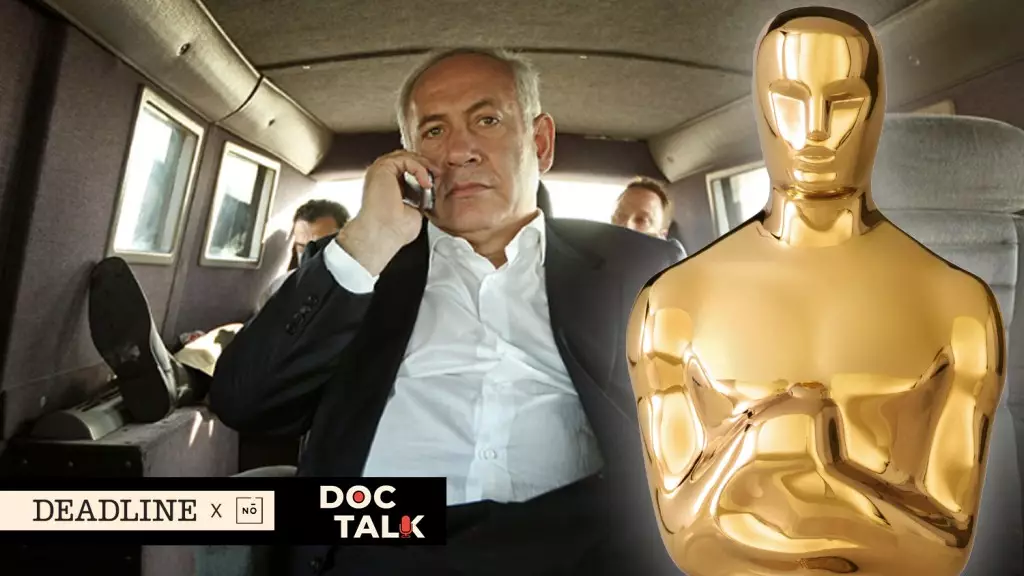The road to the Oscars is often riddled with both elation and heartbreak, particularly within the documentary category, which has once again borne witness to this duality. The Academy Awards have narrowed their slate from an impressive pool of 169 entries down to a much narrower shortlist of 15 documentaries. This process, while necessary to recognize the finest works, has nonetheless sparked intense discussions about the criteria and motivations behind the selections. The inevitable discarding of a multitude of compelling narratives has left many filmmakers grappling with their exclusion, while a fortunate few revel in their nominations.
A focal point of discussion lies in the most conspicuous snubs of this selection period. In the recent episode of Deadline’s Doc Talk podcast, which features industry stalwarts like John Ridley and Matt Carey, the dialogue explored the notable absence of a much-acclaimed documentary centered on a legendary Hollywood figure whose life changed drastically after a harrowing accident. This glaring omission raises pertinent questions about the Academy’s evaluative framework: Do personal narratives resonate less if they center around widely recognized figures? Or is it possible that the perspective on such stories can feel homogenized due to their familiarity?
Conversely, the shortlist has brought its own share of surprises. One standout inclusion comes in the form of a documentary critical of Israeli Prime Minister Benjamin Netanyahu, which recently provoked the ire of the political leader, prompting legal attempts to impede its public exhibition. This film’s capabilities to generate controversy arguably speak to its merits as a social commentary. Despite lacking U.S. distribution—a factor that usually serves as a barrier for nominations—its presence underscores a broader trend of inclusivity in the Academy’s choices.
Intriguingly, the shortlist is not only composed of films with strong distribution channels. Several documentaries lacking domestic distribution have managed to secure their spots, suggesting that the Academy might be exploring fresh narratives that defy conventional distribution models. This pivot may be indicative of a changing landscape wherein filmmakers are no longer tethered to traditional release platforms to gain recognition. It poses the question: Are filmmakers now encouraged to think beyond U.S. markets in crafting their narratives?
Ridley expressed a mixture of elation and disbelief throughout the podcast, particularly praising a Netflix documentary that earned a coveted nomination while lamenting the exclusion of what he deemed one of the year’s best films. His sentiments reveal a broader frustration shared among documentary enthusiasts—one that questions the Academy’s priorities and methods of evaluation.
As the scope narrows to include the documentary shorts, the conversation remains vibrant. This category, too, has witnessed the consolidation of 15 notable contenders, some of which are co-directed by prominent figures such as actress Rashida Jones. This intersection of familiar names with significant subject matter provides a fascinating blend of artistry and activism within the chosen works. Furthermore, one of the directors is notable for her previous documentary on the late Ruth Bader Ginsburg, showcasing how personal connections can enhance the storytelling quality.
The Oscar shortlist for documentaries reflects not only the diversity of storytelling in the genre but also the complexities and frustrations that arise during the selection process. The unfolding discussion promises to shape the future landscape of documentary filmmaking, revealing the critical importance of distribution channels, representation, and the ever-evolving audience expectations. As the Oscar ceremony approaches, all eyes will remain on the outcomes—waiting to see which narratives secure their place in cinematic history.


Leave a Reply